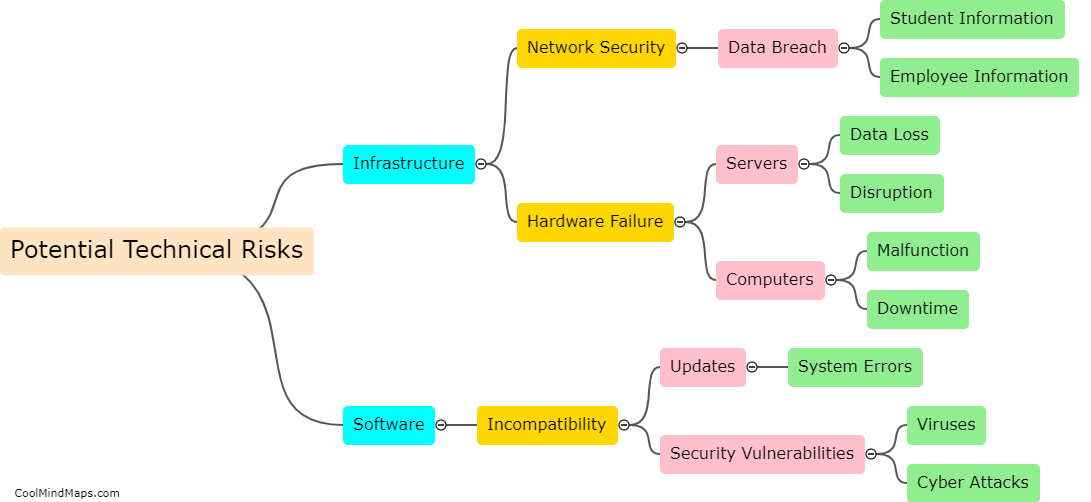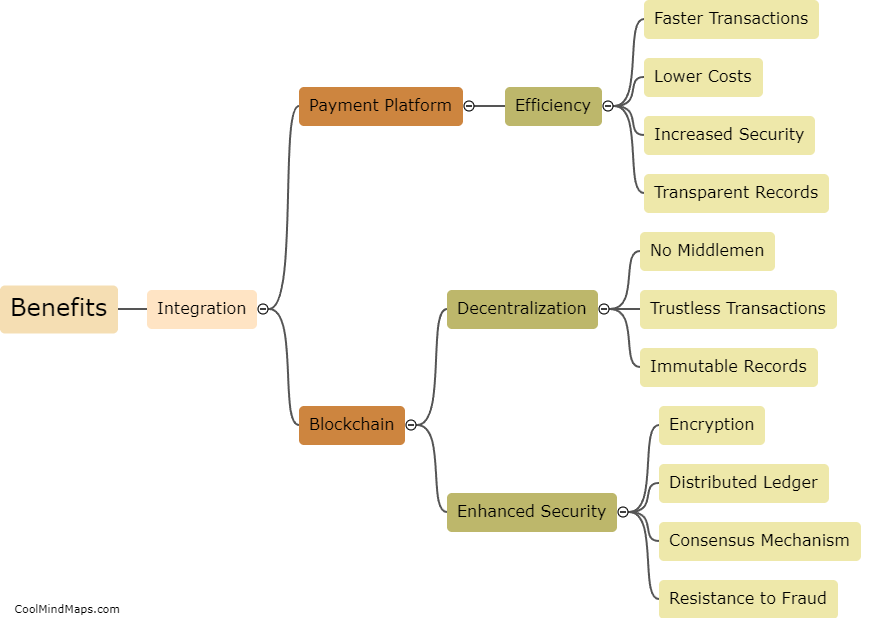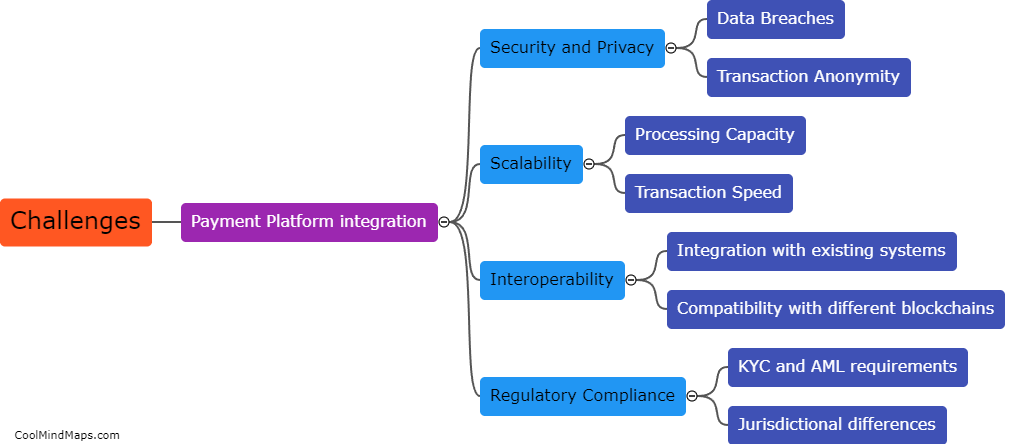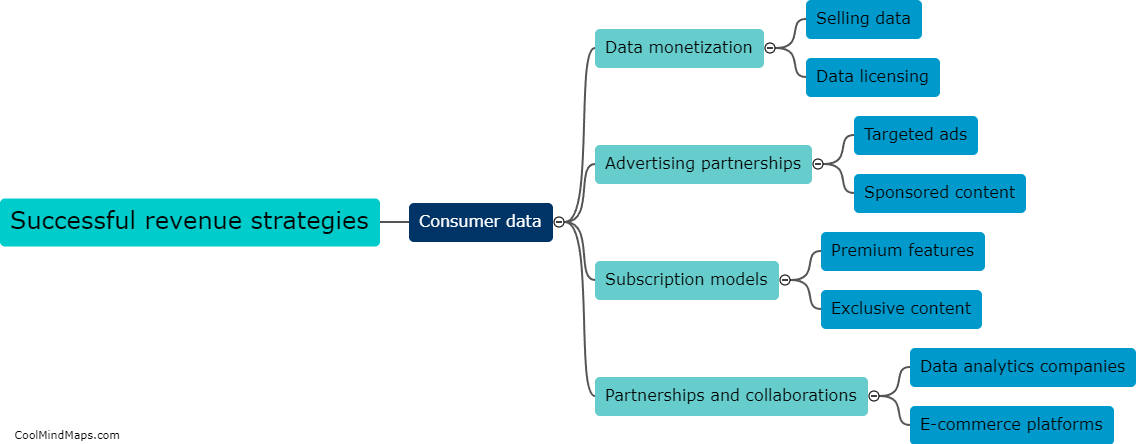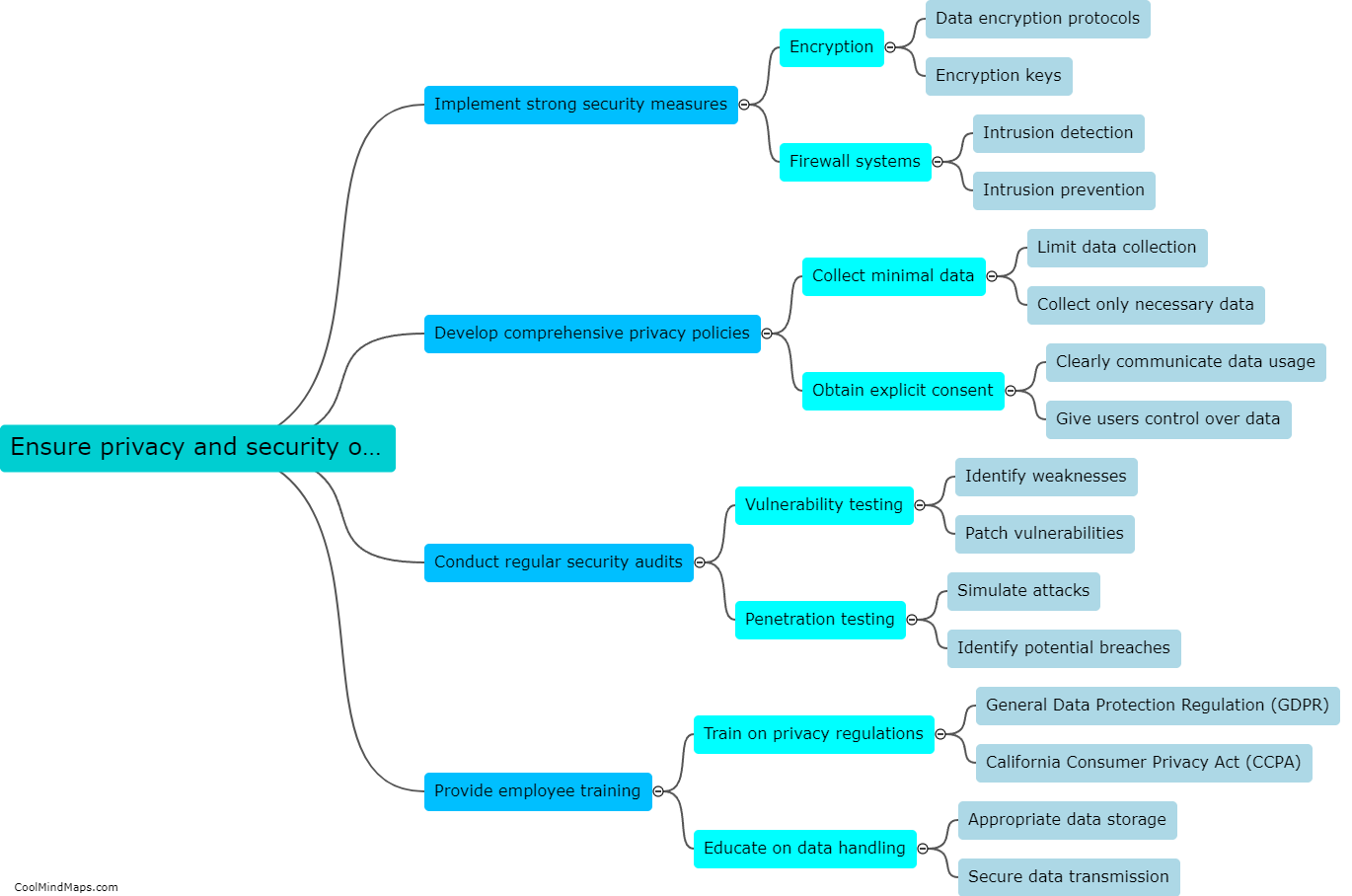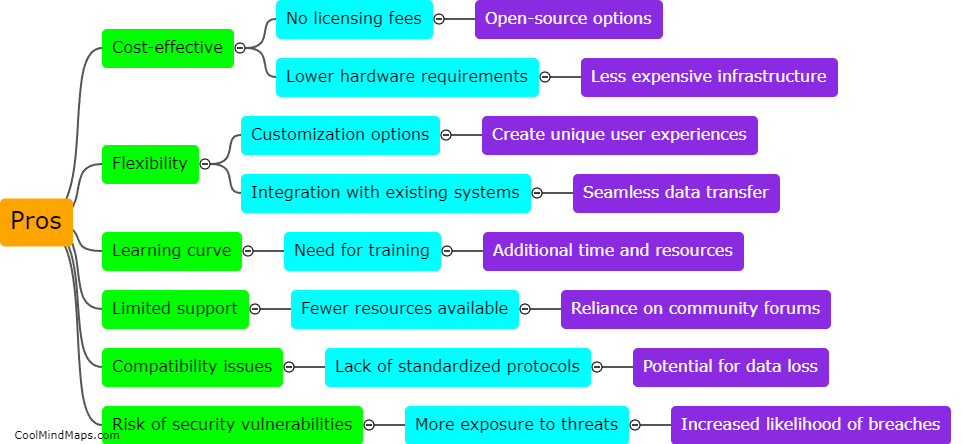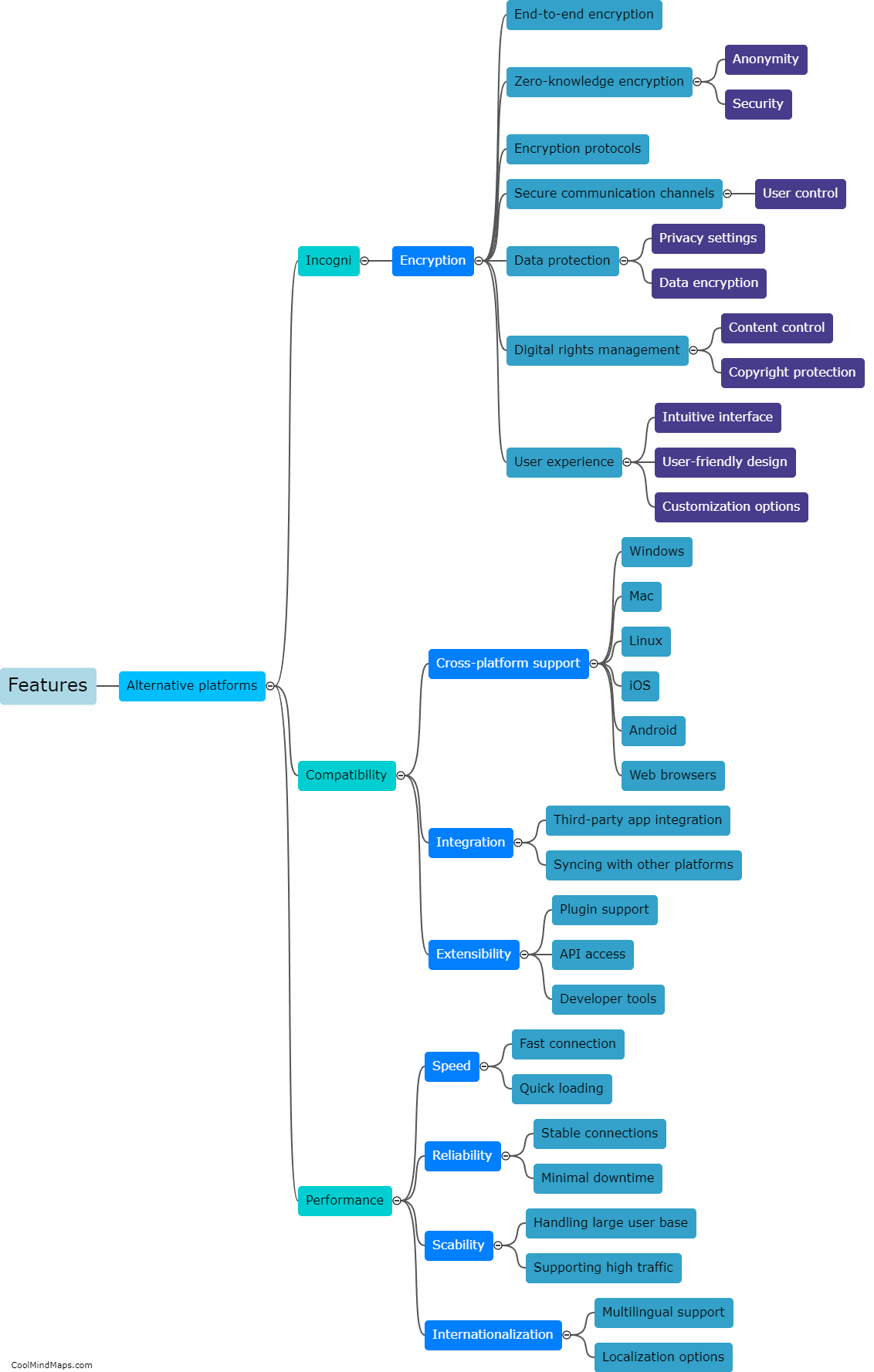What are the potential drawbacks of paying consumers for their data?
Paying consumers for their data, a practice known as data monetization, has gained prominence in recent years. While it may seem like a win-win situation, there are potential drawbacks to consider. Firstly, there is a risk of commodifying personal information and reinforcing the perception that privacy is negotiable. By incentivizing individuals to give up their data, it may erode the concept of the right to privacy and lead to a culture of data exploitation. Secondly, paying for data may create ethical concerns, as it can disproportionately benefit individuals who are more willing to share personal information, potentially exacerbating existing social and economic inequalities. Lastly, there is a potential for data misuse or mishandling by companies, as the incentive to profit from user data may prioritize profit over protecting personal information. Overall, while paying consumers for their data may offer certain benefits, it is essential to carefully weigh the potential drawbacks to ensure the protection of privacy rights and avoid exacerbating societal inequalities.
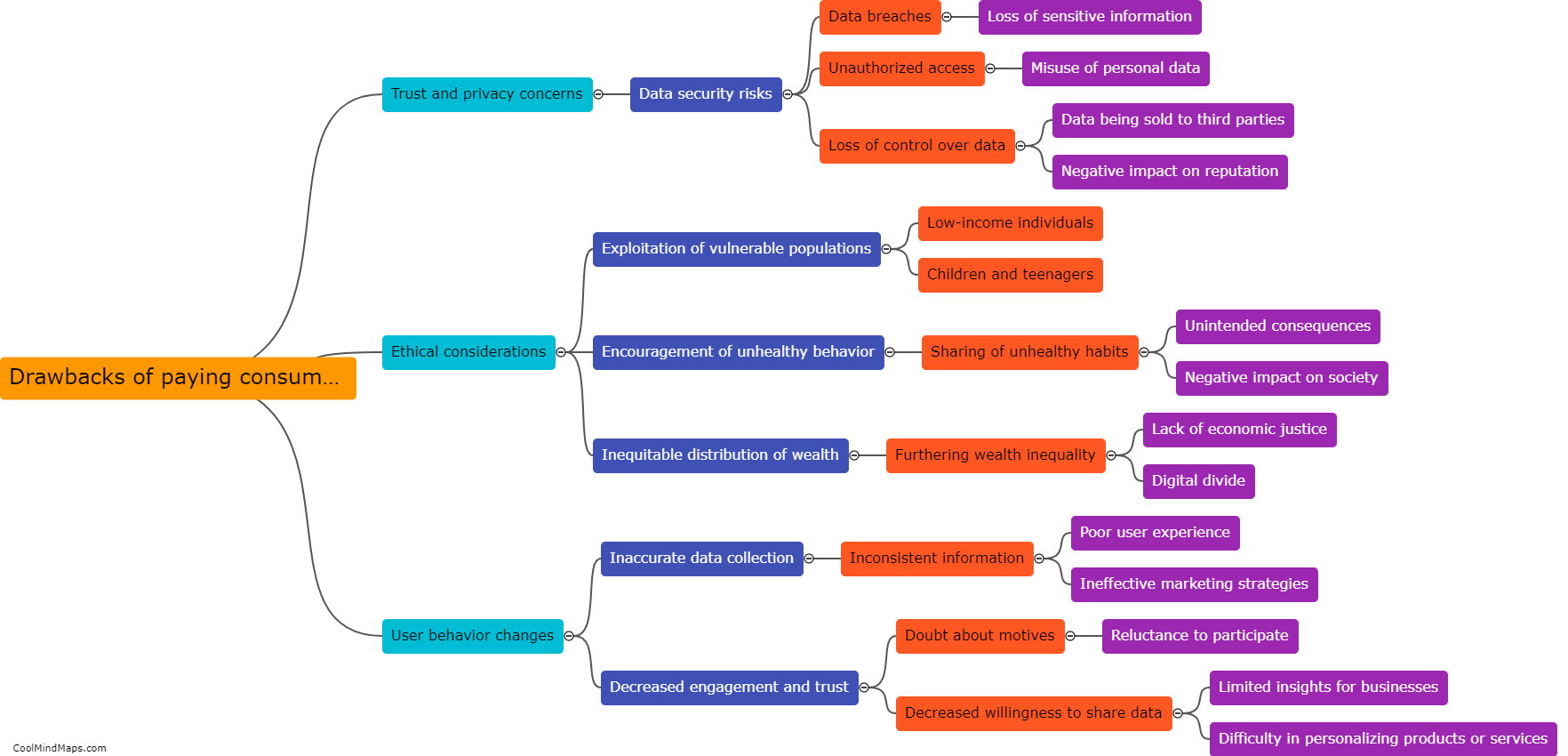
This mind map was published on 19 December 2023 and has been viewed 80 times.
